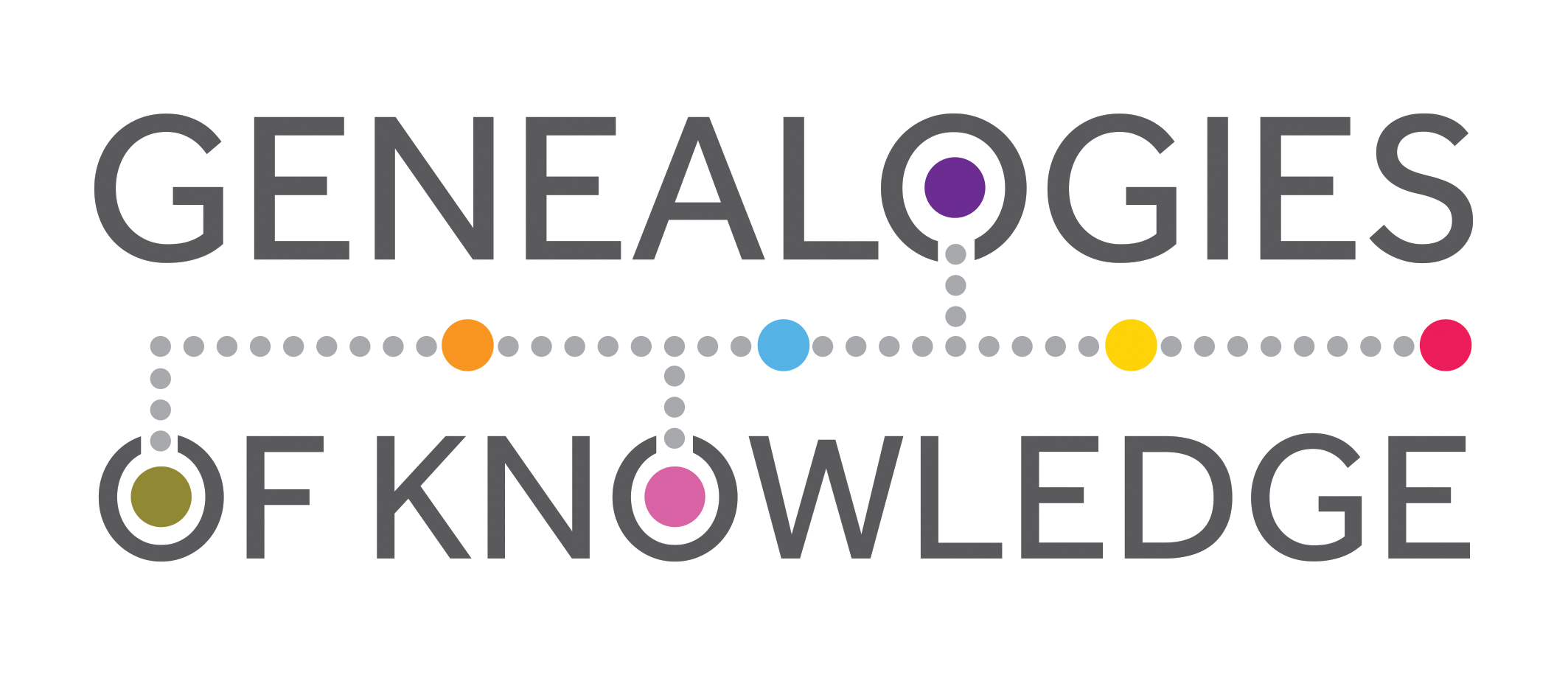Abstract
This article is a rhetorical corpus study of the use of -phobia in online alternative media. The term phobia is used in the psychiatric domain to refer to a range of anxiety disorders, but is now also commonly used to identify social tensions. Terms such as transphobia and Islamophobia have within a few decades become central to contemporary political debate. The article examines in what way such coinages are used in a variety of online publications, and thus seeks to contribute to a better understanding of the entanglement of political and medical vocabulary. The study is based on data from the Genealogies of Knowledge Internet corpus, which are analysed in terms of collocation and other forms of linguistic patterning. The analysis reveals that online articles situated on the left of the political spectrum contain a large number of formulaic but open-ended lists of socio-political phobias, supplemented with other other undesirable attitudes such as sexism and racism. The article further reflects on the connections between the rhetoric of listing and intersectional analysis, on cultural conceptions of pathology, and on the polarised alignment of attitudes towards scientific and political issues in today’s public debate.
Data availability
The Genealogies of Knowledge Internet Corpus is available via: http://genealogiesofknowledge.net/software/.
Cite this article
Buts, J. Phobia: a corpus study of political diagnostics. Humanit Soc Sci Commun 7, 101 (2020). https://doi.org/10.1057/s41599-020-00593-w
